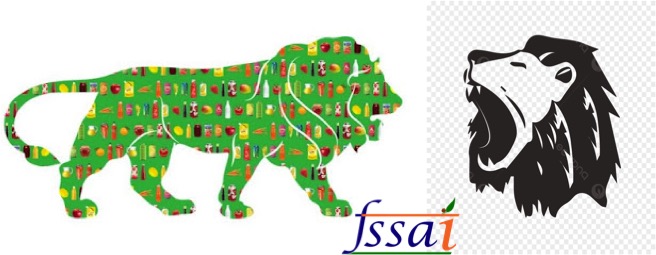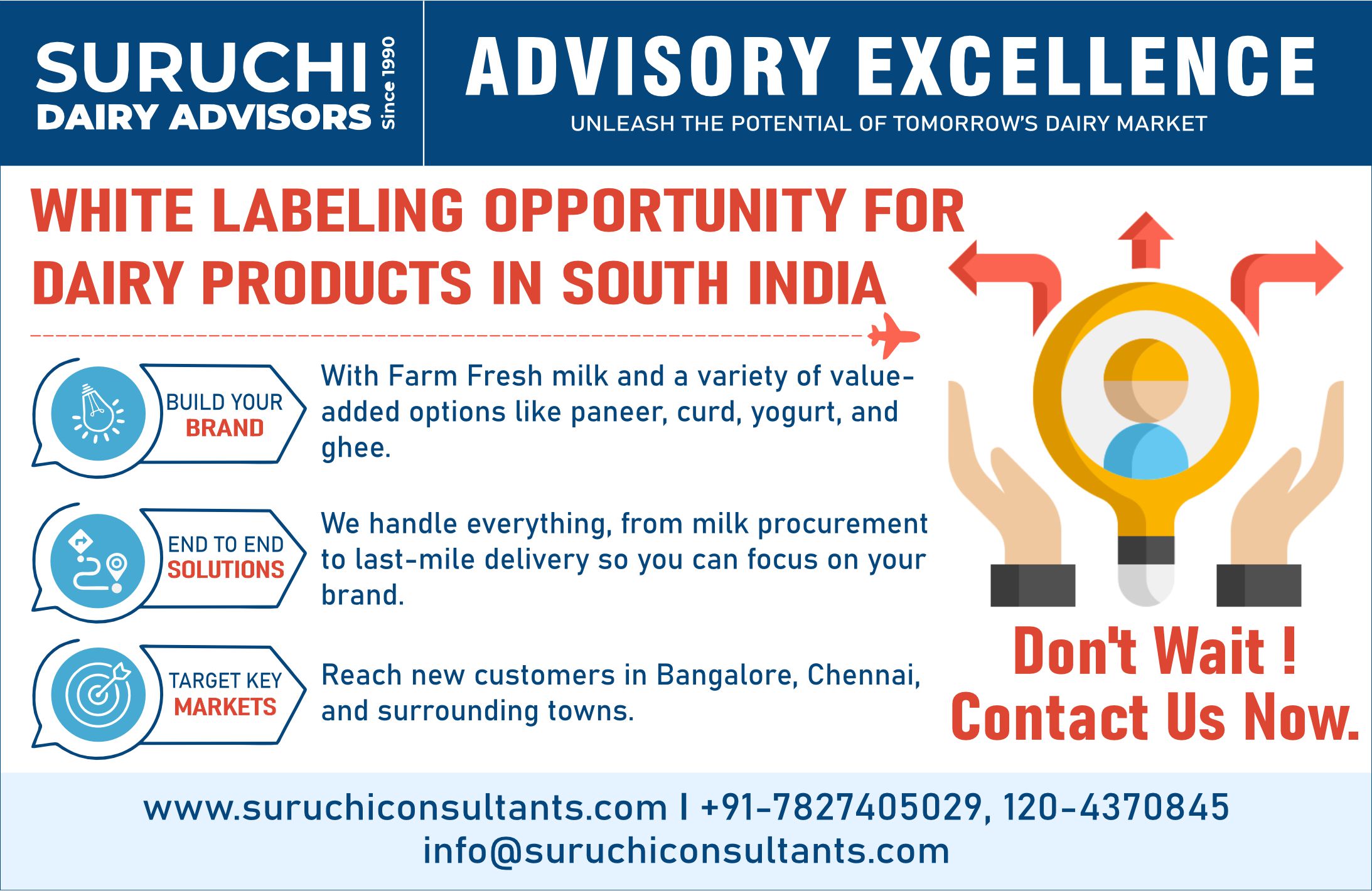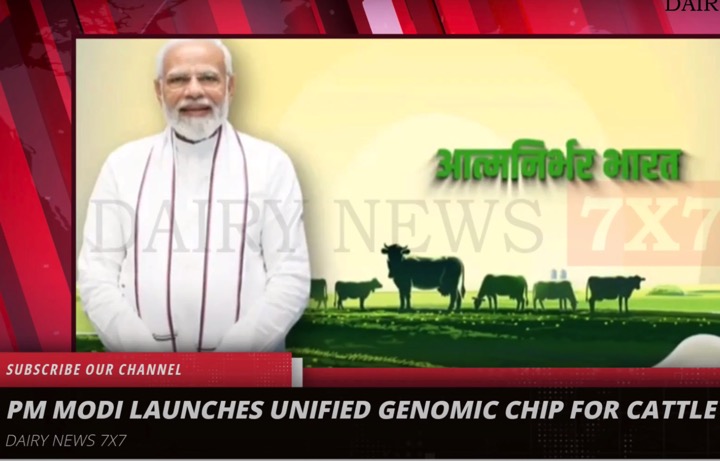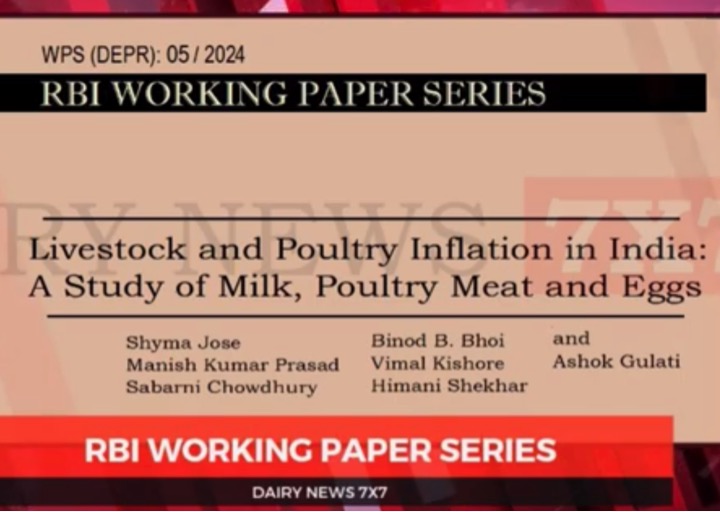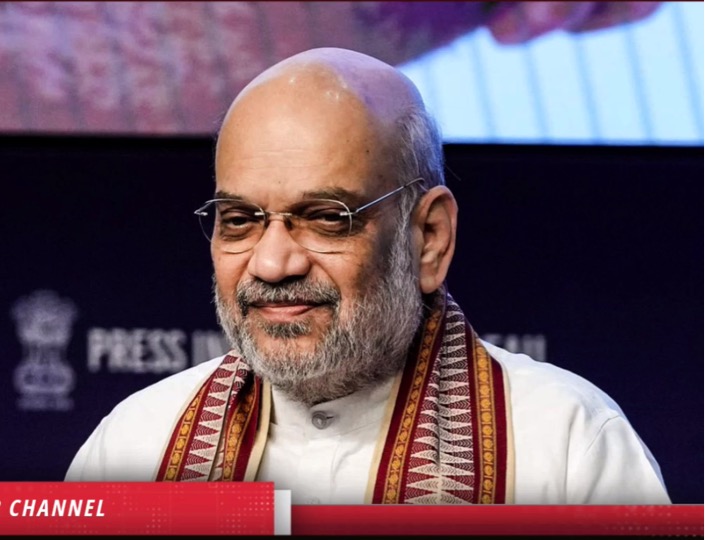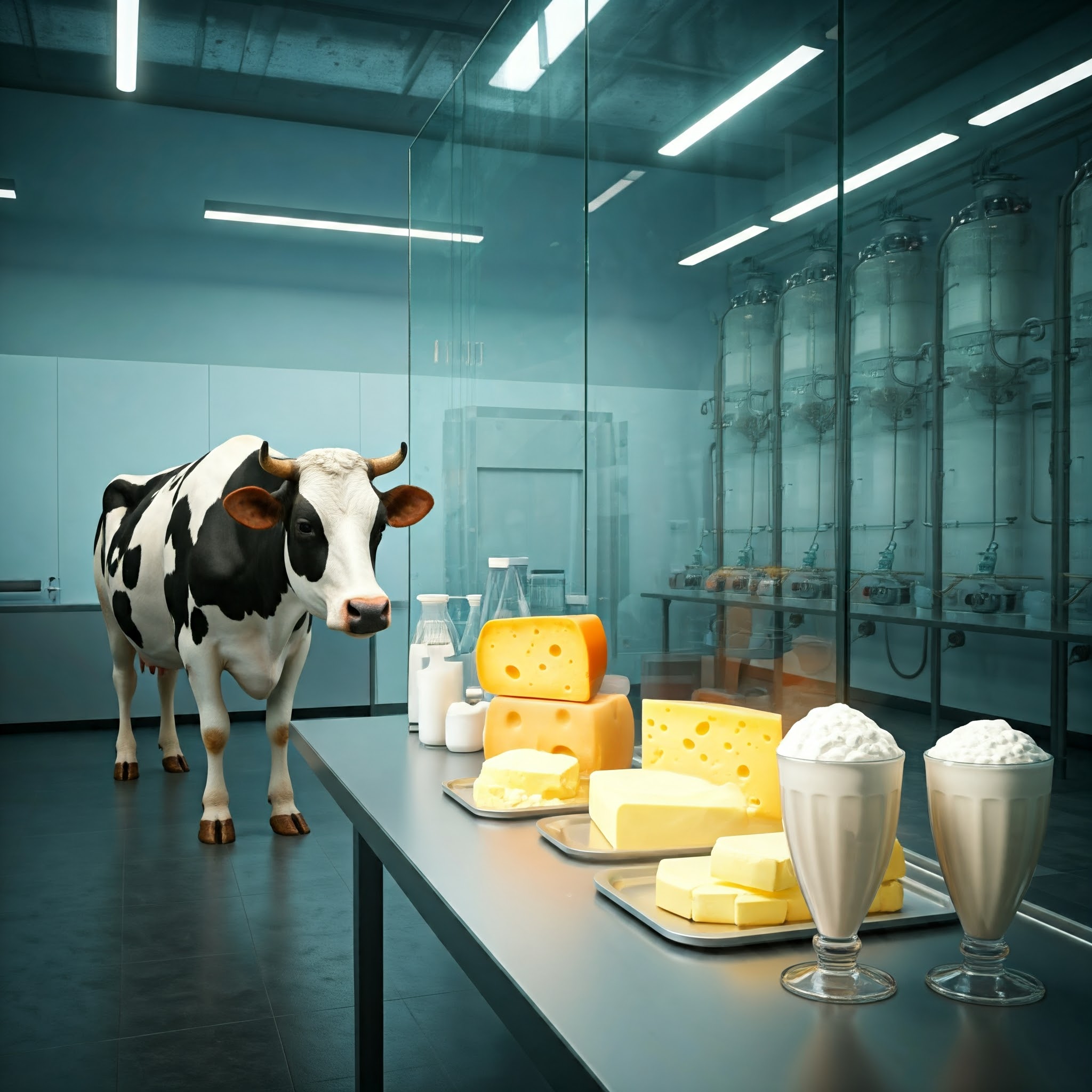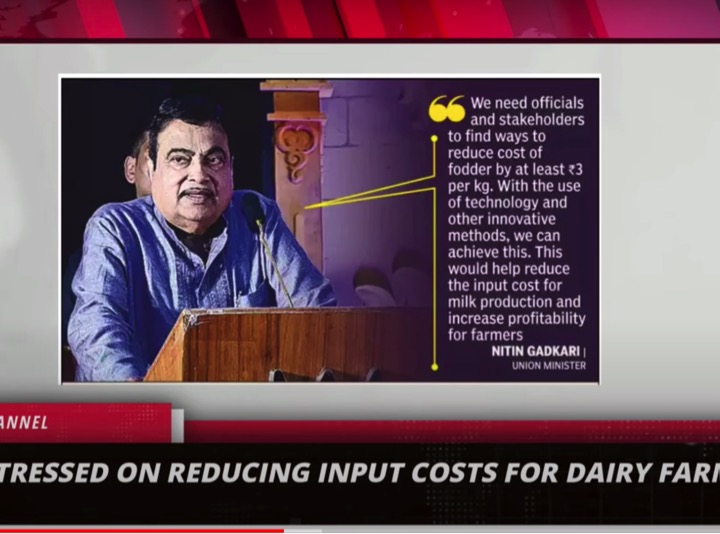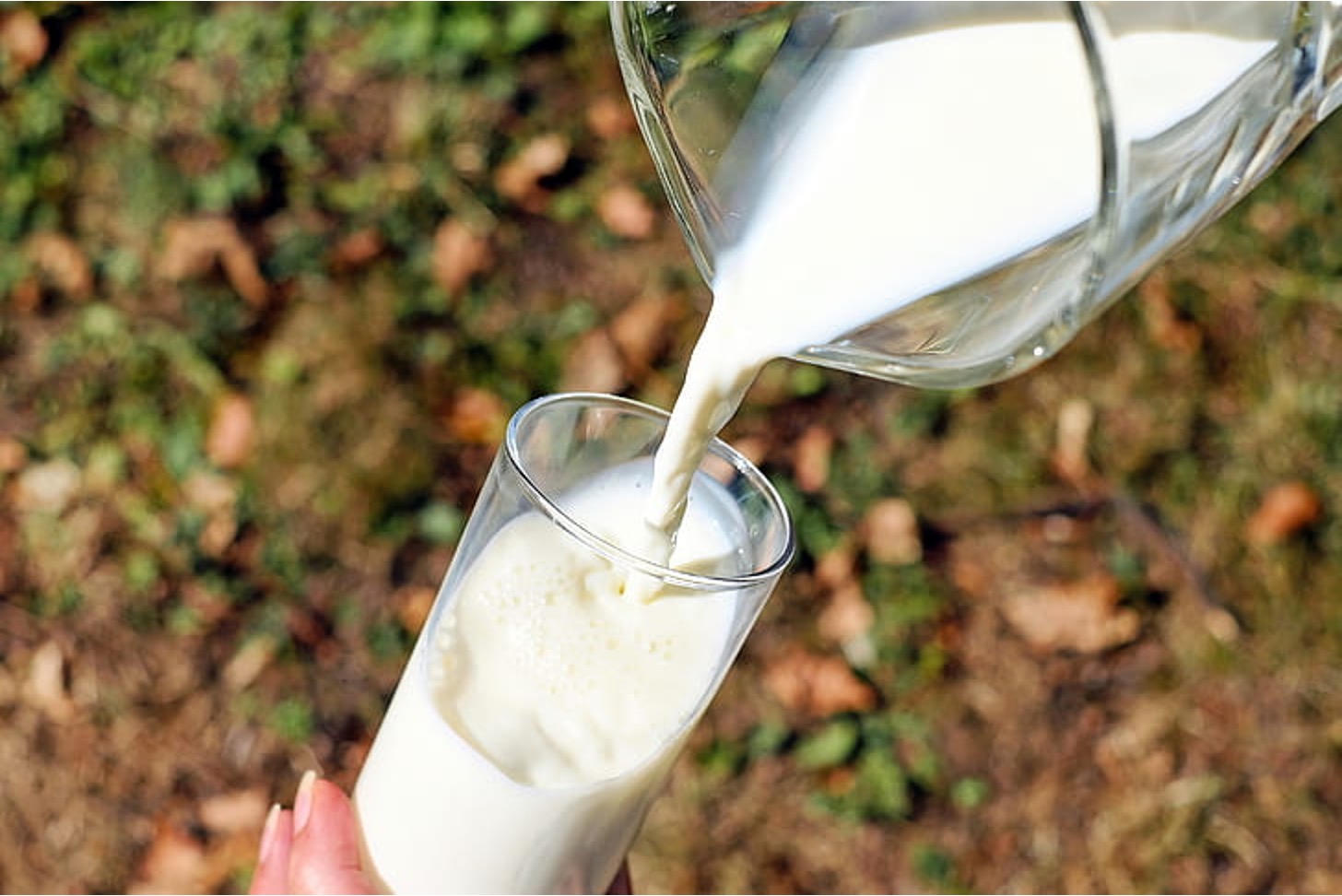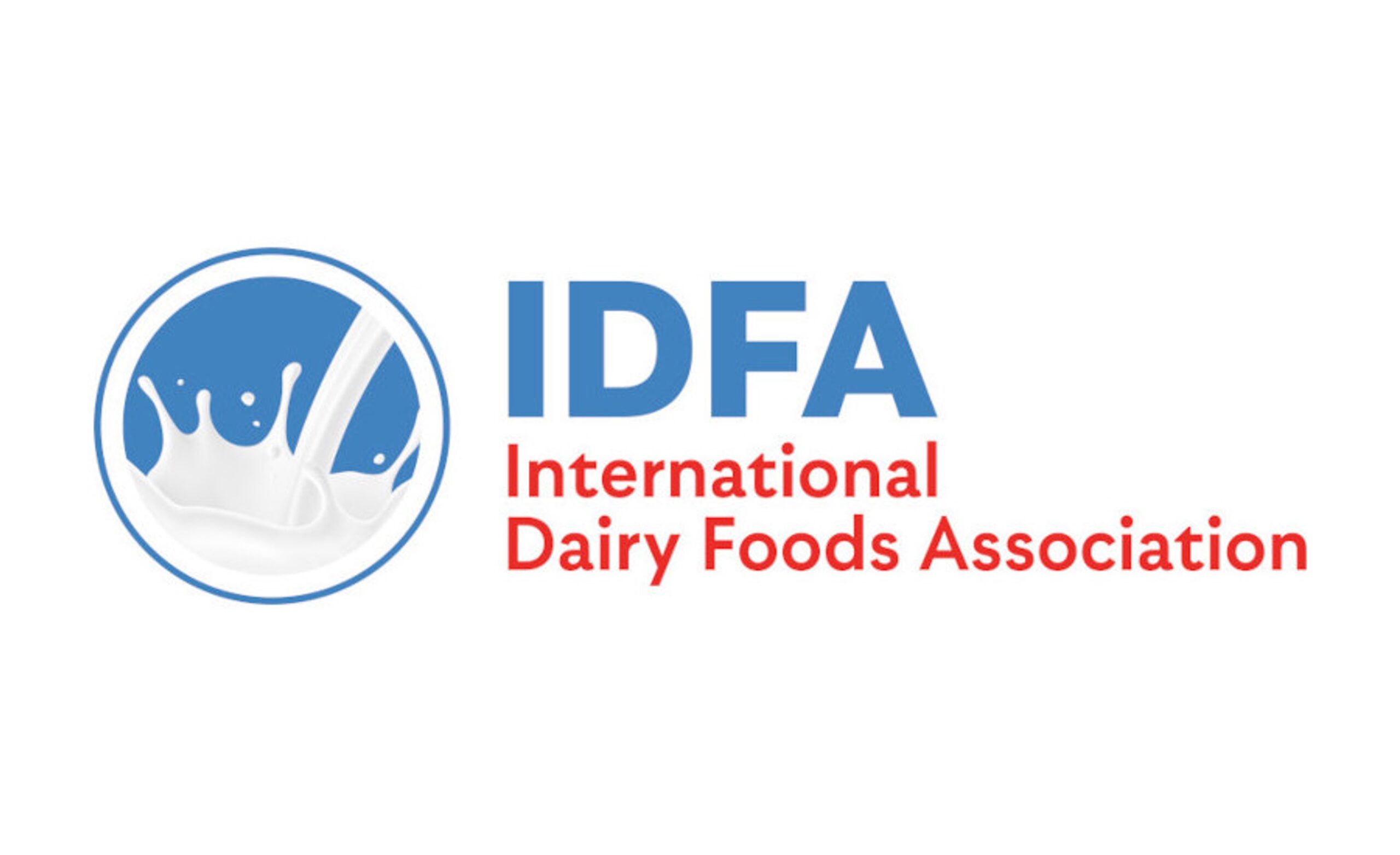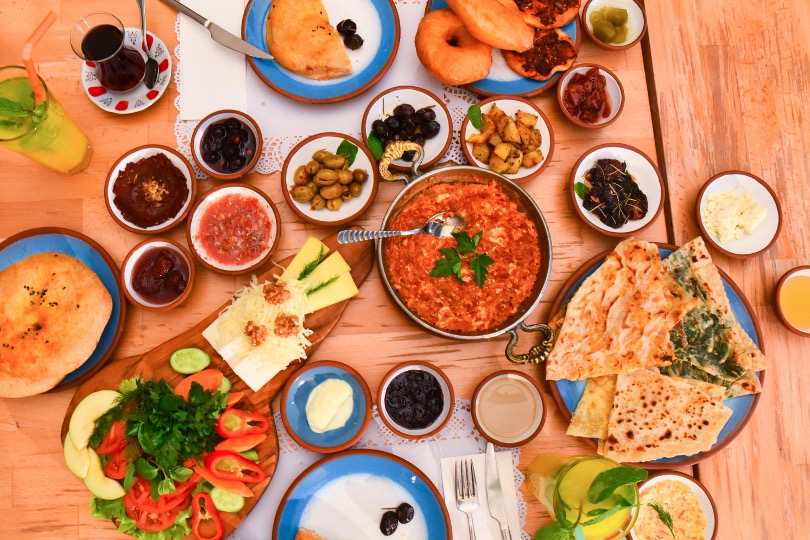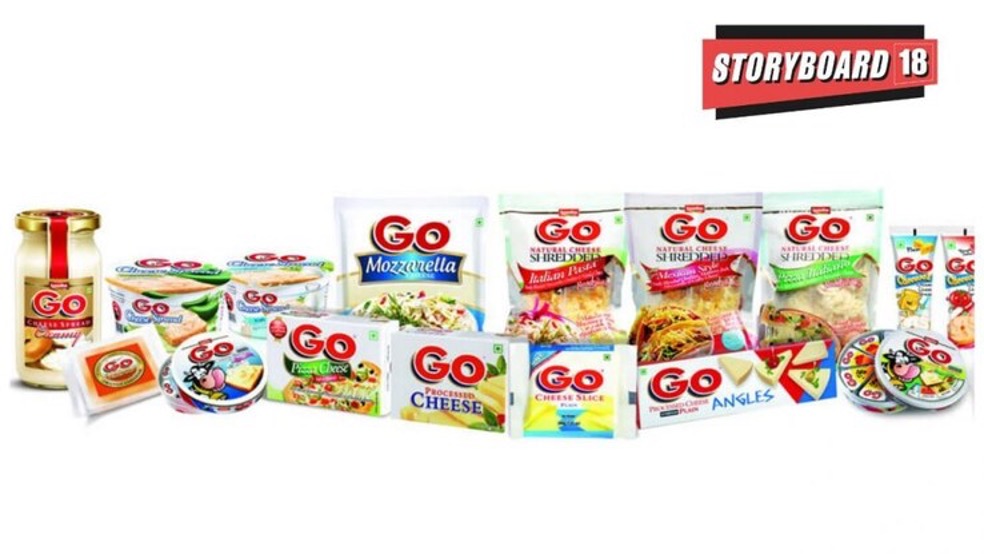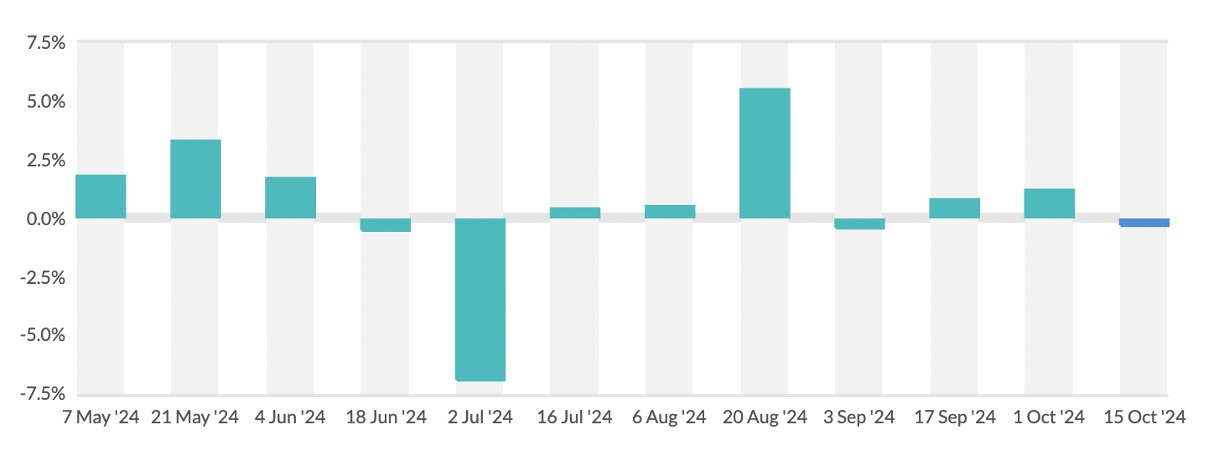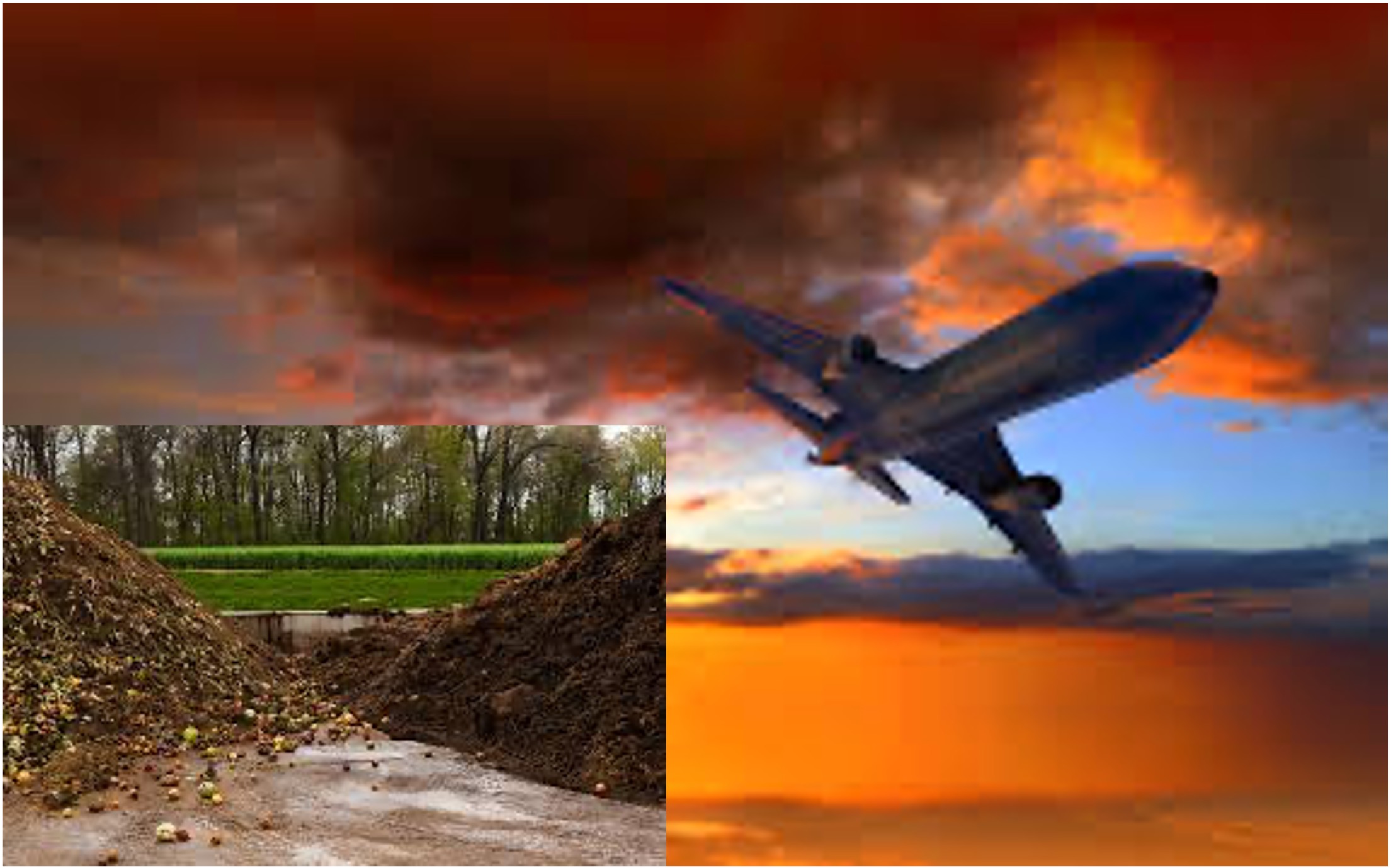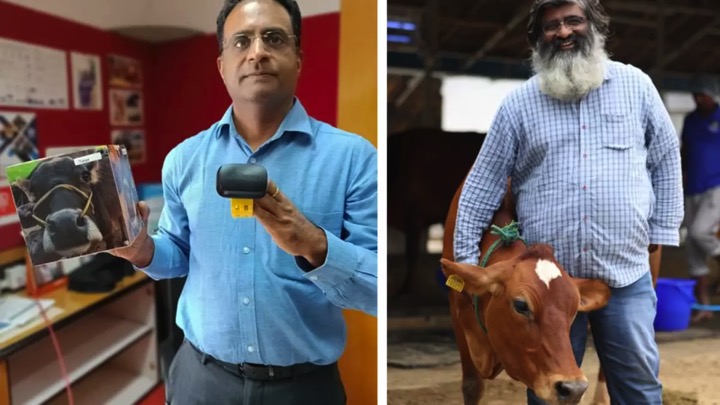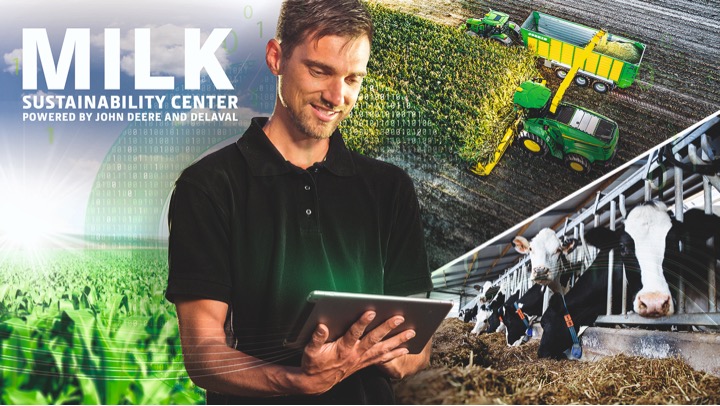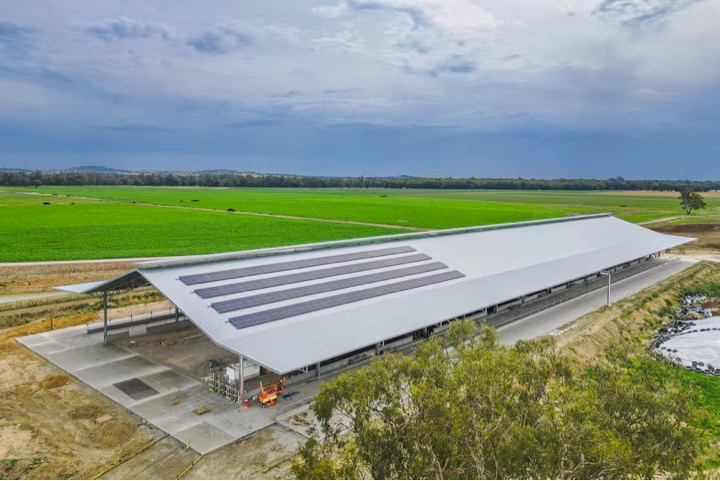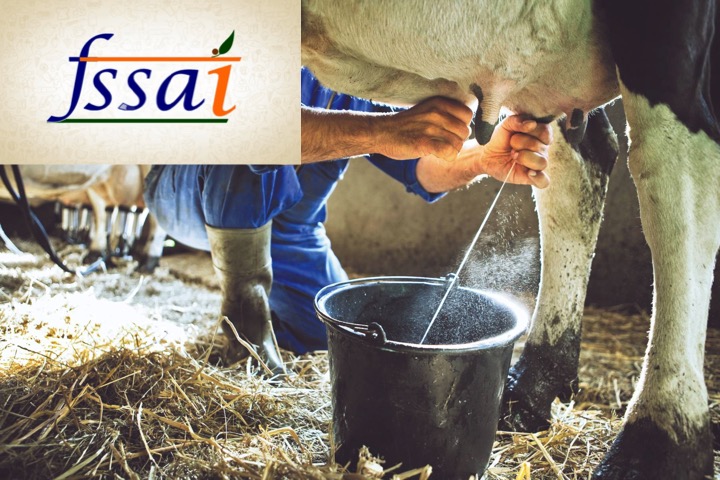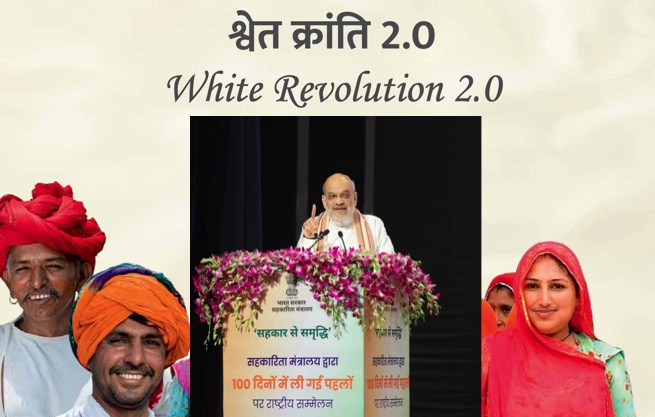People are fed by the food industry, which pays no attention to health … and are treated by the health industry, which pays no attention to food,” was the caustic observation of American writer and environmentalist Wendell Berry. While this critiques the organised medical profession’s inattention to nutrition and the role of the food industry, public health votaries recognise the importance of adequate and appropriate nutrition across the life course and are vigilant about the role of the food industry in enabling or endangering health through myriad products that reach our mouths from the market. Hence the outrage at recent reports that Nestlé was marketing a baby food cereal in India and many other developing countries with a higher sugar content than the version it marketed in Europe. Around the same time, reports of regulatory agencies in Hong Kong and Singapore banning masalas marketed by two Indian manufacturers aroused alarm.
The report on Nestlé’s baby food cereal (Cerelac) was released by Public Eye, a Swiss NGO, which conducted the study in partnership with the International Baby Food Action Network (IBFAN). IBFAN has been watching Nestlé since they battled over the manner in which the transnational food company marketed breast milk substitutes. Indian and global health authorities recommend exclusive breast milk feeding for the first six months of life because of its ideal nutrient composition, immunity-boosting properties, and support for the growth of a healthy microbiome in the baby’s gut, apart from promoting a close psychological bonding between mother and child. Commercial campaigns to promote breast milk substitutes have often undermined these health considerations.
The current controversy centred around the nutrient composition of a baby cereal that the industry has been promoting for use during infants’ transition to baby foods. Is the industry turning a blind eye to health considerations while enhancing the addictive appeal of the baby cereal by increasing the sugar content? If so, why is it careful not to do so in western Europe while it feels free to do so in developing countries, including India? Is it because there is considerable variance in the capacity of national regulatory agencies to lay down clearly defined rules, vigilantly monitor and enforce compliance, periodically conduct independent testing, and initiate action against violators?
High sugar consumption, through baby cereals, can lead to obesity, while increasing insulin resistance in muscles, fat and liver. This sets the stage for pre-diabetes which can progress to diabetes. The high sugar content of baby foods counters the development of a healthy microbiome in the gut and mouth. Since high sugar content instils addiction, the baby demands more cereal leading to high levels of total body fat and abdominal fat but with a poorly developed lean muscle mass. That dims the hope of developing a healthy, fit, athletic and economically productive generation which is expected to be the flag bearer of our future progress.
The masala mystery has a different storyline. Ethylene oxide, a chemical carcinogen, was reportedly found to be a contaminant of internationally marketed Indian masalas by regulatory agencies in Hong Kong and Singapore. Following their ban in these two countries, the media has also reported that this chemical had been detected in 527 Indian food products by the European Food Safety Authority (EFSA), between September 2020 and April 2024. This industrial chemical is mainly used as an intermediary in the manufacture of other chemicals. Human exposure to ethylene oxide can cause cancers like lymphoma and leukaemia. Contamination of packaged food products is probably the result of poor manufacturing practices whereby food products are processed on premises where industrial chemicals are being produced. Unlike the intentionally raised sugar content of a baby cereal food product, the chemical contamination of masalas was probably the result of crude and careless manufacturing methods.
The Food Safety and Standards Authority of India (FSSAI) is reportedly attempting to obtain IBFAN’s reports of the tests conducted on Indian and international versions of Cerelac. It is also collecting countrywide samples of the Indian masala brands that have been red-flagged by international regulators. These will, no doubt, be tested in competent Indian labs. It is good to see the agency acting reactively, but what measures were taken proactively in the past to check food products manufactured in India before they are marketed within the country or exported elsewhere? Do our regulatory agencies have the required systems in place, with defined processes and required resources? Why should we depend on revelations by foreign organisations or be alerted by proscriptions by international regulators? When we make it in India, should we not also test in India? Protecting the health of the Indian people is primarily our business, not that of foreign agencies.
Our regulatory agencies need to be resourceful, vigilant, and impervious to industry influence or political pressures. They must have technical strength internally and draw upon the expertise of other scientists when needed who have no conflicts of interest. We must guard against agency capture by positioning of the industry’s preferred pliable persons in the agency’s leadership positions or heavily loading them into technical advisory committees that guide the agency. While such appointments are often political decisions, civil society voices must ensure that regulatory agencies remain committed to the protection of public health.


